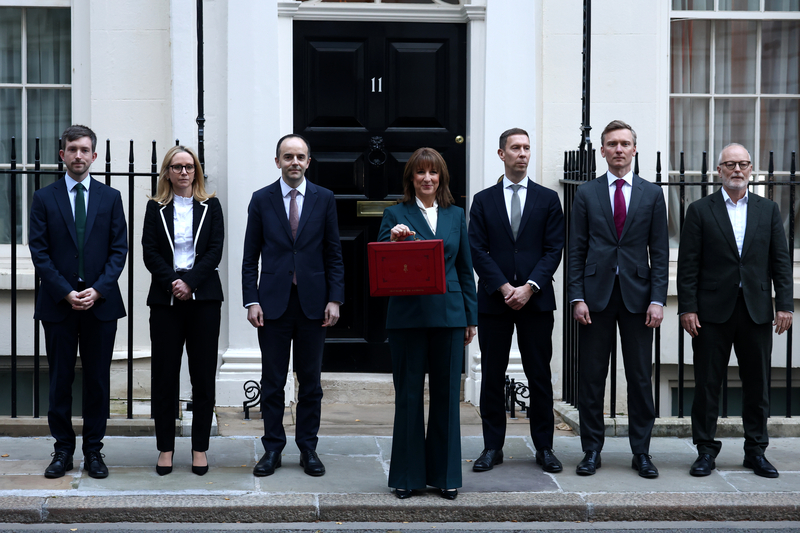
The anatomy of a PR crisis
PR crises can emerge suddenly, threatening to unravel carefully crafted reputations and stakeholder relationships. It is important to recognise the early warning signs and understand how to navigate crises for any corporates, regardless of size or stage of development.
In exploring the anatomy of a PR crisis, we dissect each layer to help inform corporate management on how to notice the early warning signs, respond to stakeholders, and implement robust crisis communications protocols.
Identify early warning signs
The first step in the process of reputation management and how to avoid a PR crisis is identifying the early warning signs that a crisis could occur. This can take shape in various ways and will depend on your organisation, what the warnings are, and how prepared you are to respond.
Negative online mentions. If your organisation is at the centre of a negative online discussion, it is important to be aware of exactly what is being said and how much engagement the content has. Monitoring this closely will help inform you of your companys developing reputation and what issues need to be addressed.
Negative media coverage. Similar to the above, monitoring negative media coverage closely will help inform you of how to respond. However, unlike negative online mentions from individuals, media outlets typically have a much wider audience, so acting quickly is crucial to ensure you remain on the front-foot and in control of the narrative.
Internal whistleblowers. It is important for there to be robust reporting mechanisms in place so staff can feel confident to raise concerns with the relevant personnel in a discreet manner. Failing to recognise staff grievances can lead to internal issues flaring up and entering the public domain.
Staff dissatisfaction. Whether it is a lack of communication or clarity, unrealistic expectations, or resistance to change, staff can easily become dissatisfied with a corporate organisation. It is essential to handle this promptly and responsibly to avoid the situation escalating.
Customer complaints. A dissatisfied customer is not an unusual factor to deal with within a business, but if not dealt with appropriately, it can escalate into a PR crisis. The senior leadership team need to ensure there is a thorough PR crisis management plan in place that tackles customer complaints.
Swift response and crisis communications protocols
There are a number of crisis management protocols to implement to avoid a PR crisis should any of the above factors occur in your organisation. The priority is having a crisis PR plan.
First, you must establish a crisis communications team. This internal unit will be at the centre of your PR strategy, working to identify the early warning signs and ready with a comprehensive plan to hand should they need to implement it. Your crisis communications team will be responsible for protecting the companys reputation through stakeholder and media communications. Your crisis communications plan will include key areas of risk and draft communications to relieve the pressure when dealing with the crisis.
It is important to have legal counsel briefed so they can advise on actions, strategy and review communications. Engaging an external crisis PR team that you can call on in the event of any crisis to limit the potential damage to your reputation is also an important step. Your legal and PR counsel should work together to ensure there is coordinated messaging that minimises legal exposure.
Clear communication and accountability
When addressing a PR crisis, the speed of response and clarity of your communications are key. Both internal and external communications must be clear at times of crisis it is important to steady the ship and regain trust as quickly as possible. This will ensure that everyone is clear on what the situation is, your organisations stance, and what the intended plan is to rectify the issue.
While communicating with external sources, such as the press, is highly important, you must prioritise your stakeholders. Whether customers or clients, employees, investors, or community members, speaking with them openly and clearly before going to the media showcases that you care about your stakeholders and value a strong relationship with them.
Stakeholder engagement and rebuilding trust
When the dust has settled, it is important to acknowledge that you could have lost some stakeholder trust during the crisis. This will need to be regained through planned communications and necessary actions to address the core issues that led to the crisis. Apologising is just the first step on a journey to regaining trust it must be followed by demonstrable actions.
To improve your online reputation, consider investing in online reputation management, a service that aims to restore your reputation online and minimise future damage to your reputation. This process will take time and will require resources however the immediate actions taken after a crisis have the power to shape the narrative and perception of a business for years to come.
Learning and future preparedness
The final part of the anatomy of a PR crisis is preparing for the future, which includes identifying training opportunities, learning, and adapting to ensure you are resilient in facing future crises. The best course of action for this is to evaluate the success of how you dealt with the last crisis. How quickly did you rebuild trust, or is this still ongoing? How fast were you able to respond initially? Did the initial problem get resolved? From here, you can identify the areas that need improvement and begin to implement the right training to do this.
At Alder, we assist corporate organisations in preparing for a crisis through our comprehensive crisis PR training and bespoke PR crisis management plans. Our proactive approach guides corporate leaders, business owners, and crisis management teams in maintaining resilience and confidence when a crisis hits. Our expert in-house team will assist you in planning for potential crises, including identifying the early warning signs, responding swiftly, monitoring engagement, and rebuilding trust.
Our services can be tailored to provide you with everything you need to prepare for a PR crisis with confidence. Contact our experts at 020 769 25675 or email us at [email protected] for further information.


